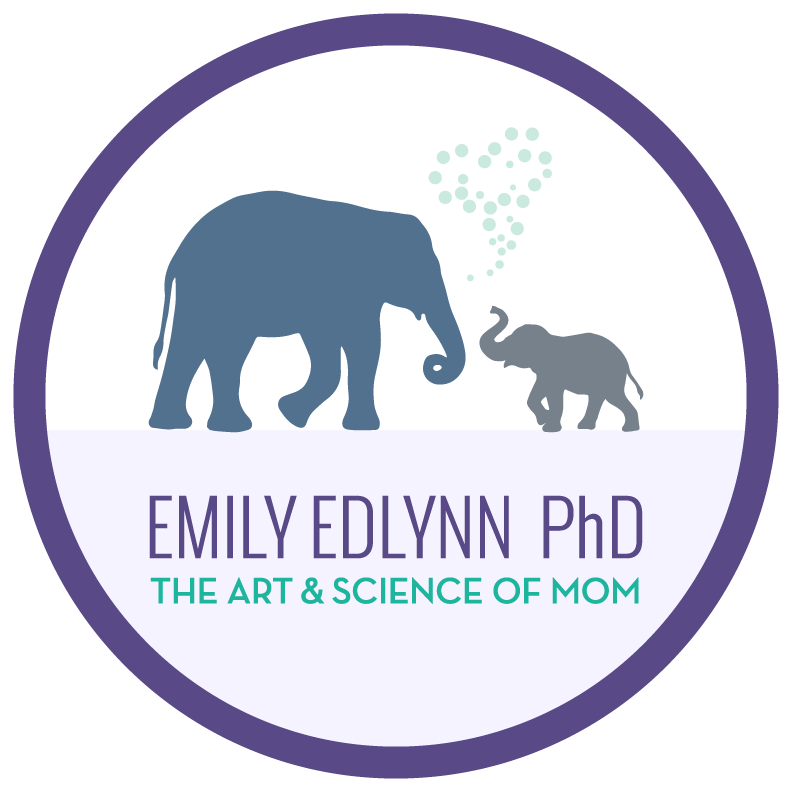Parenting While Human
Let me tell you — add the title of a so-called “parenting expert” to being a parent and I feel a lot of pressure to get it “right.” My 8-year-old really helped the matter when he declared during an argument, “why would YOU even write a parenting book?” (Like, what the hell do I even know? I ask myself that all the time, son.)
My recent blog posts have focused on the risks of controlling parenting and how to replace our natural controlling impulses with intentional autonomy-supportive strategies. In this post, I want to validate why it’s so easy to slip into controlling responses—and how we get in our own way.
To review, controlling parenting can place pressure on our kids to behave how we want them to or be someone other than their authentic self. The key word in that sentence is pressure. Our kids feel pressure when we are controlling, but that might be because we are feeling so much pressure. The more we feel pressure—whether that’s external from work/family/community expectations or internally driven by our ideas of “good parenting”—the more stressed and defensive we may get to prove to everyone else and ourselves that we know what we’re doing. That combination of pressure, stress, and defensiveness to prove ourselves can increase the impulse to control.
Should we list the ways parents are under pressure these days? Pressure to not let social media swallow our kids whole. Pressure to make sure our kids get into a “good” college. Pressure to pay for that college. Pressure to get our kids started on their athletic scholarship potential by the age of 6. Pressure to stay calm, connected, and responsive to our kids—at all times. Pressure to make sure to notice if our child is becoming anxious or depressed since there’s a new headline about it every day. And that’s just pressure around parenting.
These internal and external pressures can build and build like the tea kettle water heating until it screeches. How do we relieve the pressure so we don’t blow? One way to respond to pressure is to get more controlling. That impulse makes us feel as if we’re in charge and showing the world we are a “good parent.” But besides that kind of control often being an illusion, this response has drawbacks, as already hashed out in previous blog posts (The Control Conundrum, How to Influence Instead of Control).
A better way forward: we let ourselves off the hook. We allow ourselves to be human.
Here are some examples of when I was way more human than parenting expert:
In response to a rude teenager, I uttered these pointless words—while pointing a finger: “You don’t talk to me that way!” (This was 100% reactive—not a deliberate strategy I thought would “work” to instantly make my child more respectful.)
Acting impatient and grumpy with my children all day when they were being totally great.
Telling my highly tearful pre-teen that her latest reason for crying is “not a big deal.” (For the record, it was a not-exactly-right ponytail.)
I once taped my kids’ mouths shut with black painting tape. (They actually dared me to do it when I joked that I would because they were being SO LOUD, and who am I to turn down a dare?) They thought it was hilarious.
I realize these are small moments and like a skewed ponytail, indeed not a big deal. But, I struggle in those moments because I like things to feel “right,” even after 13 years of parenting. It’s just who I am, and I can be hard on myself.
But I know from my clinical work and from the research that dropping into taping behavior (and other forms of control) are less effective than giving yourself permission to be human. We know in the psychology world that being kind to ourselves instead of hard on ourselves helps us live up to who we want to be. So, here’s what I say to myself in these moments of not really being the parent I want to be:
“Parenting middle schoolers is hard.”
“My bad day is not ruining my children.”
“We have a lot of love in our family. Even on days when everything feels off track.”
“Being real actually helps my relationship with my children be more real too.”
When we let ourselves off the hook and allow our humanness, we end up with more to give to our kids. Feeling less of this pressure then helps us be less controlling. If we can use this energy to be more autonomy-supportive, then we are better at raising our child to be who they want to be with less pressure from us. One day at a time, parenting while human.
**You can pre-order my book Autonomy-Supportive Parenting: Reduce Parental Burnout and Raise Competent, Confident Children on Amazon and Bookshop.
